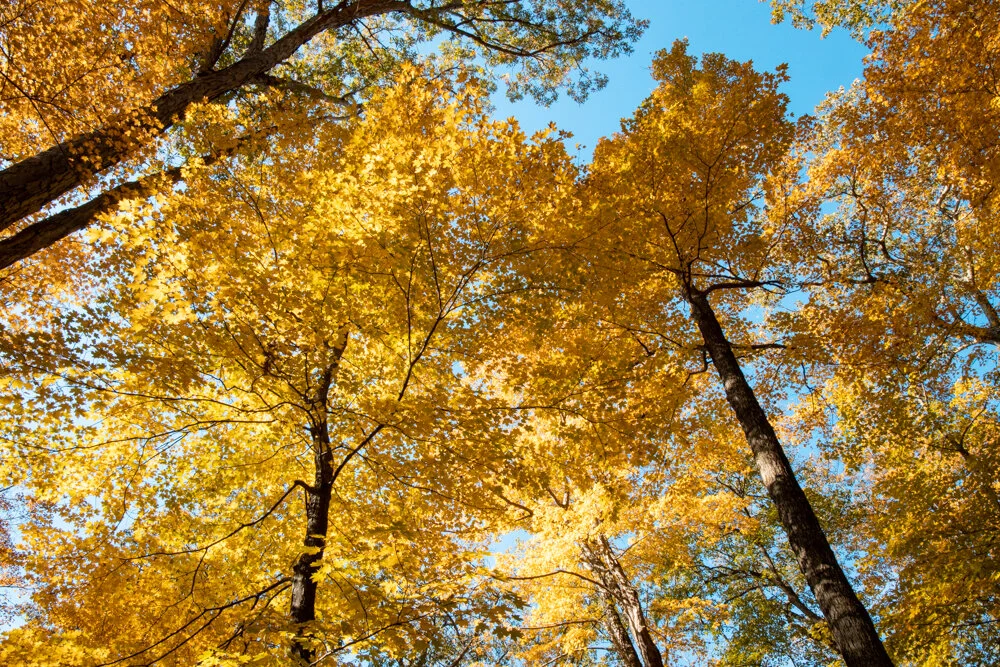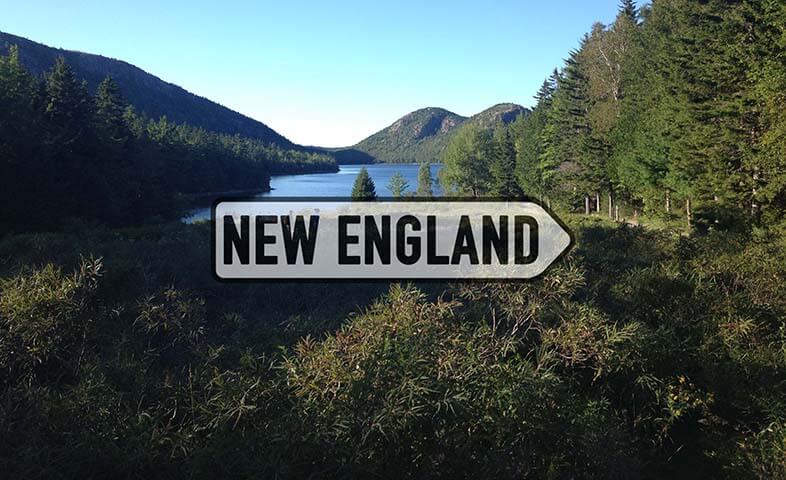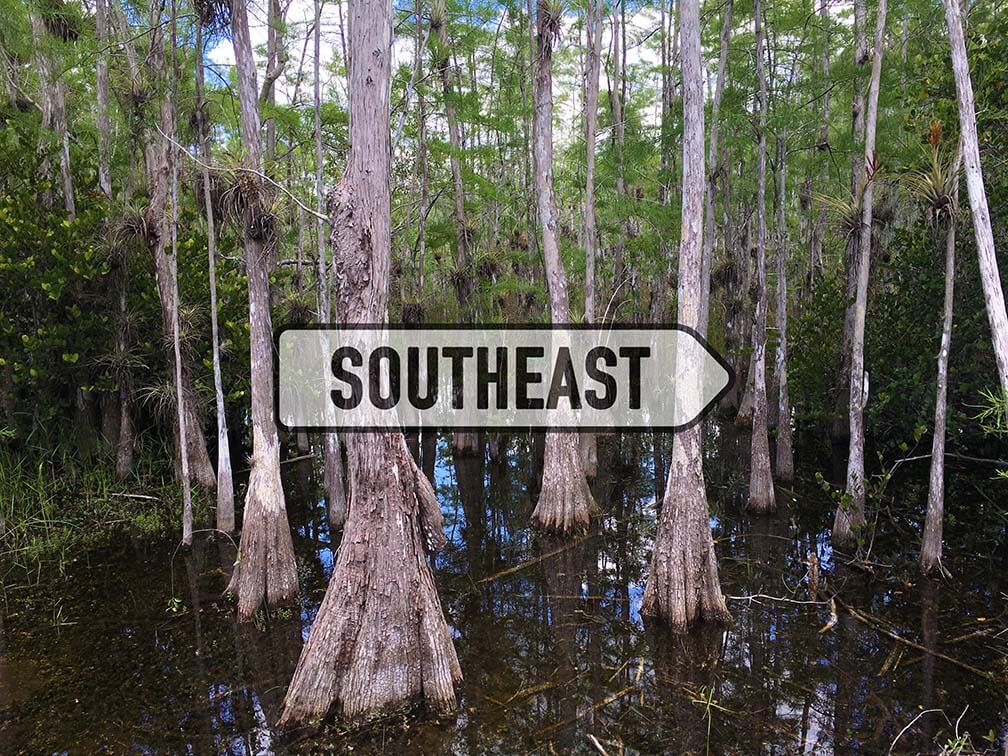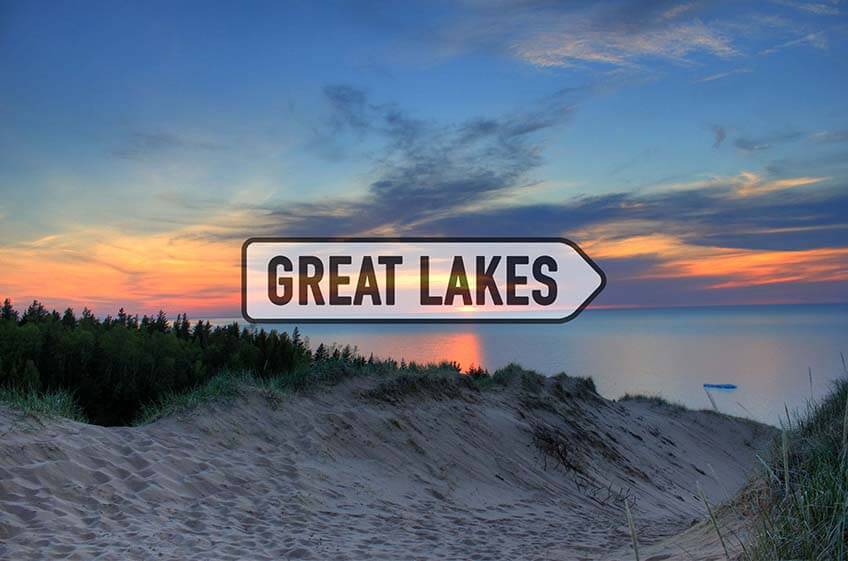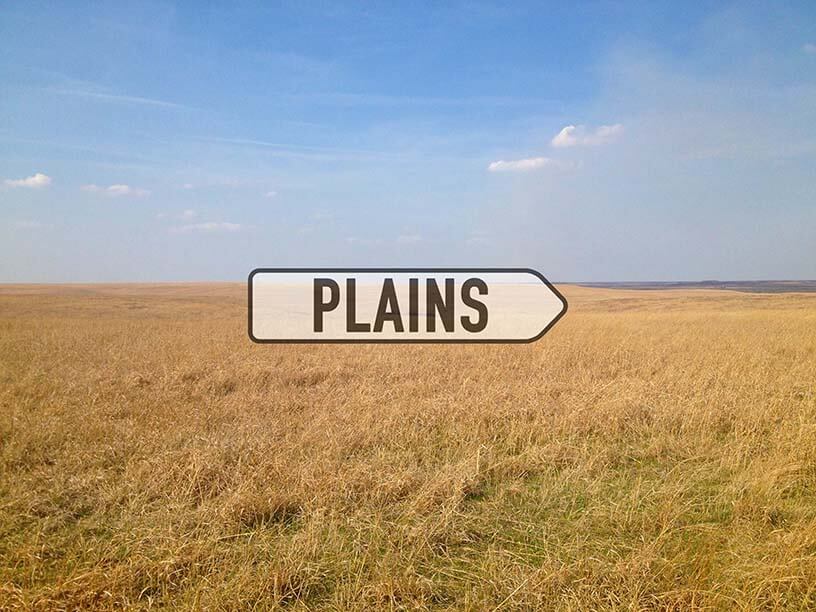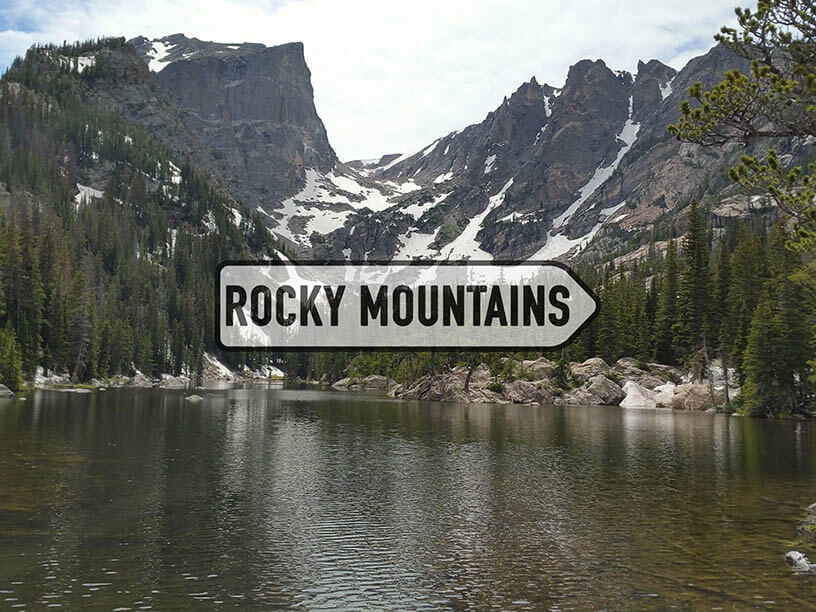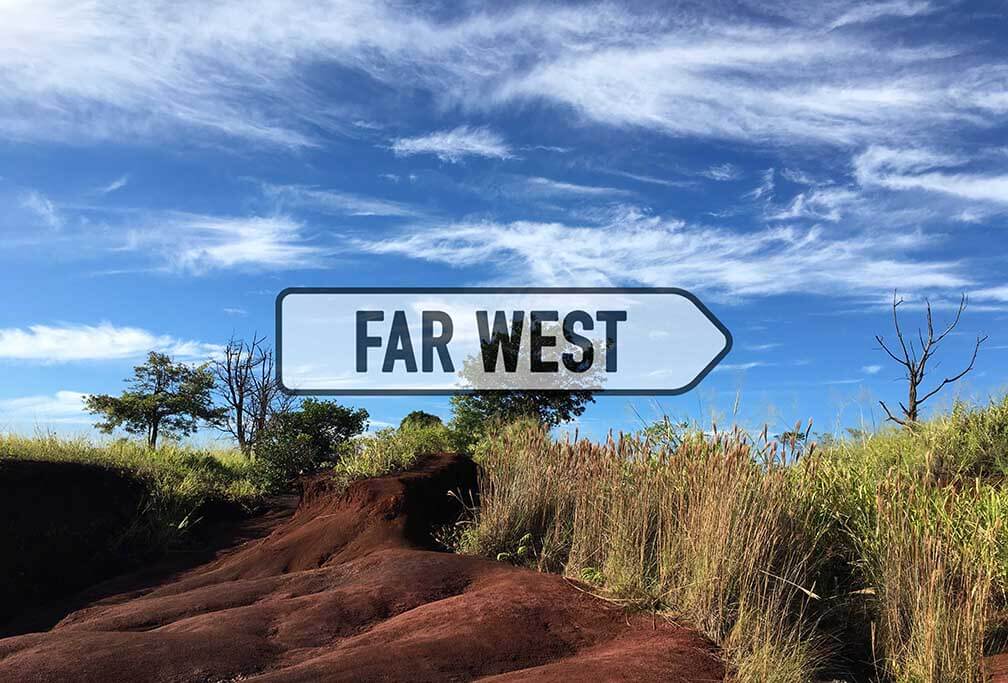2019 Nonfiction Contest Winners
We appreciate the many moving, profound, and insightful essays we received for our fourth annual essay contest. Thanks to all who submitted for sharing your work with Parks and Points, and thanks to contest judge Pippa Biddle for her insight and care throughout the adjudication process. Pippa has shared further reflections on each winning essay. Click the title of the essay to read.
Pippa Biddle is a writer. Her work centered on travel has been published by Guernica, BBC Travel, AMC Outdoors, and Maine magazine. Documentary shows she has contributed to have aired on major networks including PBS and National Geographic. Her first book, Ours to Explore: Privilege, Power, and The Paradox of Voluntourism, an exposé of service-based tourism, is forthcoming from the University of Nebraska Press. She is a graduate of Columbia University with a BA in creative writing. Pippa lives in the Hudson Valley region of New York with her husband, pup, and ducks.
Pippa writes, “While reading the essays, I looked for connection — to be taken to a place or into a mind or on a journey. Whatever the subject, the setting, or the voice, I wanted to be drawn in. Some essays achieved this by making me feel comfortable. Others pulled me out of my life and mind, and transported me somewhere else entirely, challenging me to question myself. Nikki Stavile and Molly Pascal’s essays raise the question, what does it mean to travel, and what is our responsibility to prioritize the preservation of places over our passion for them? In the end, the placeholders compelled me to pick up my pen and start writing notes in the margins, moments of "Wow" and "Yes!," of course, but also more eloquent reflections and responses rooted in a feeling of connection to the written word and wanting it to somehow, magically, evolve into a conversation with the writer. I couldn’t keep myself from reading the essays aloud, the words needing to be heard, considered, and heard again.”
2019 Contest Winners
first Place, “Vignettes” by Bill Capossere
Bill Capossere’s “Vignettes” is an exploration of wonder. The wonder of the outdoors, for sure, but also of family, children, and time. Stretched over sixteen years, the essay successfully relies on the delicate pairing of, and balance between, rhythm and humor to carry the reader across borders, along trails, and into the profoundly universal yet specific worldview of a parent watching his child grow. The structure of short paragraphs and frequent section breaks can be a crutch for writers, a way to forego development and transition sentences. “Vignettes” defies this, demanding space for each section, sentence, and word. Whether a parent, a child, or someone somewhere in-between, readers will feel a connection to the wonder of the outdoors, and to this piece, in their bones. I have rarely felt the visceral yearning that bubbled up as I read about how the form of a moose “softened in the dissolving light, body becoming shape becoming shadow becoming memory becoming a shadow of a memory.” Every glimpse I’ve had of a bear’s flank disappearing into undergrowth rushed into my mind as I joined Capossere in “hoping for a momentary reforming, the night so still, so achingly full of absence.”
Bill Capossere’s work has appeared in journals and anthologies such as Colorado Review, Alaska Quarterly Review, In Short, and Man in the Moon. and has been recognized with several Pushcart nominations and mention in the “notable essays” section of multiple Best American Essays. His full-length and shorter plays have received readings through GEVA Theatre and Writers and Books events, including GEVA’s Festival of New Plays and the Rochester Fringe Festival. He lives in Rochester NY, where he writes, bikes to work as an adjunct English instructor, and hopes to get a free more rounds of frisbee golf in with his son before he leaves for Colorado State University in the fall.
SECOND PLACE, “Losing the Great One” by Nikki Stavile
“Losing the Great One,” by Nikki Stavile, focuses almost obsessively on a place that the writer has not been. Such an angle challenges the very prompt for this contest, which suggests that a writer focus on a moment of transformation within a particular space. Staville succeeds in this approach by taking the reader on a journey around Denali as an idea, an object, and a symbol. Furthermore, should the reader be an avid traveler like herself, she challenges them to pause and consider their own decision to partake in an activity that — although we love it — is negatively impacting the places we wish to see, ‘before they are gone.’ By implicating herself in this problem, she raises questions of ethics and morals without passing judgment, pulling the reader into a conversation. Big ideas are rooted in small moments. Stepping outside on a frigid day. Chatting with a divemaster. Swimming in Caribbean water the same “ectoplasmic blue” as glacial ice. I commend Staville for wrapping so much into a few short pages without leaving me out of breath. Instead, I wanted more. Could it, I wondered, “slip into something new?”
Nikki Stavile grew up in Colorado's Rocky Mountains, but currently resides at the confluence of the Allegheny, Monongahela and Ohio Rivers. She is a graduate of the MFA program in Creative Writing at Hollins University, and her works have previously appeared in Coal Hill Review, Cleaver Magazine, and Artemis Journal. An avid backpacker and long distance runner, she is attempting a thru hike of the Appalachian Trail in 2020.
Honorable Mention, “Body of Water” by AnnE Wallentine
“Body of Water,” by Anne Wallentine is an intensely intimate reflection that explores the engineering of a place and the geometry of those who inhabit it. As kayaks and swimmers crisscross The Kenwood Ladies’ Pond in Hampstead Heath, London, Wallentine weaves a safety net for readers who, like her, crave the opportunity to be present without pretense. She finds closeness in exposure, “I learn from these older women – the lack of embarrassment about their bodies; their acceptance of change, despite nostalgic grumbling.” The reader embraces the way the world shuts off when your ears sink below the surface of the water as you float on your back and look up at the sky. The line “change is constant — and the body does not pause for you to catch up,” will invite you to pause, and feel breath fill your belly.
Anne is a freelance arts writer and curator based in Los Angeles who tries to spend as much time as possible outdoors. She writes for various outlets, including LA Weekly and Artillery Magazine. She previously lived in London and still misses the serenity of the Pond.
Honorable Mention, “Angel Wings: The French Creek Watershed” by Molly PascAL
Molly Pascal’s “Angel Wings: The French Creek Watershed” establishes a poetic rhythm by recalling the methodical attention to safeguarding biodiversity, specifically efforts to relocate a thriving colony of mussels, along the French Creek riverbed in Pennsylvania. Lines such as, “Current and time splay the shells open along the spine,” and, “We pick up empty beer cans with the same intentional dismay as extracting nits of lice from hair,” are vivid and crisp, luring the reader right to the river’s edge. As a guide, Pascal balances technical precision with observation, detail, and insight.
Molly Pascal lives in Pittsburgh with her husband and two children. Her writing has appeared in Lithub, The Washington Post, the New York Times, Newsweek, Huffington Post, Salon, The Jewish Chronicle, the Pittsburgh Post-Gazette, and Fringe Literary Magazine, among others. Various short stories and essays have been named finalists in contests with Glimmer Train, Profane, the Texas Observer and Pen Parentis.
Finalists
“Walden Pond” by Michael Stephens
”The Ponies Are Always Here” by Anne Moul
”The End of the Line” by Patty Somlo
”Double Vision” by Andrea Ross
”Chant Me a Waterfall” by Erica Goss
”The Pressentin Creek Barren-Ground Tufted Field Canary” by Susan Marsh
”Babes in the Woods” by Lia Seth
”The Lake That Shuts Itself In” by Andy Fogle
”A Constitutional” by Susan Hamlin
”Rocks, And No Boundaries” by John Stifler

